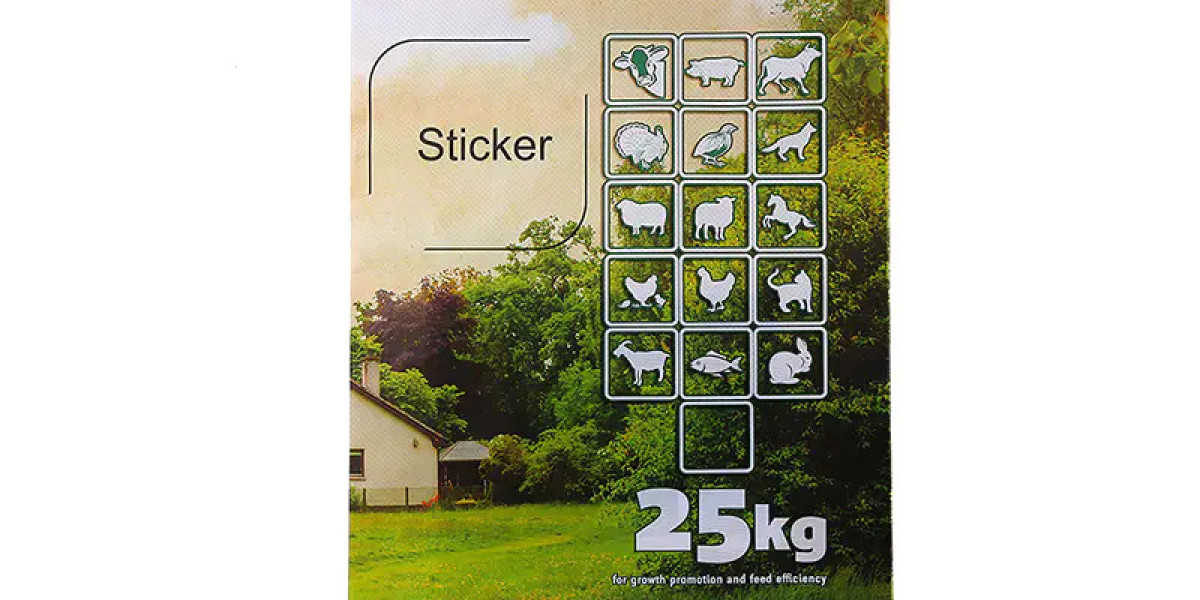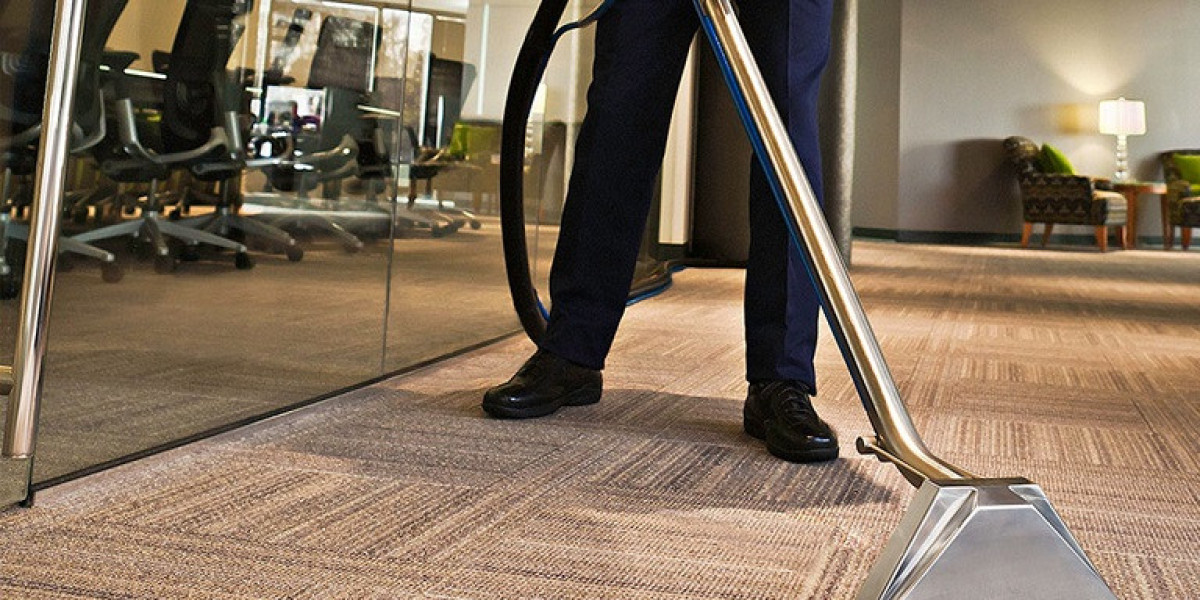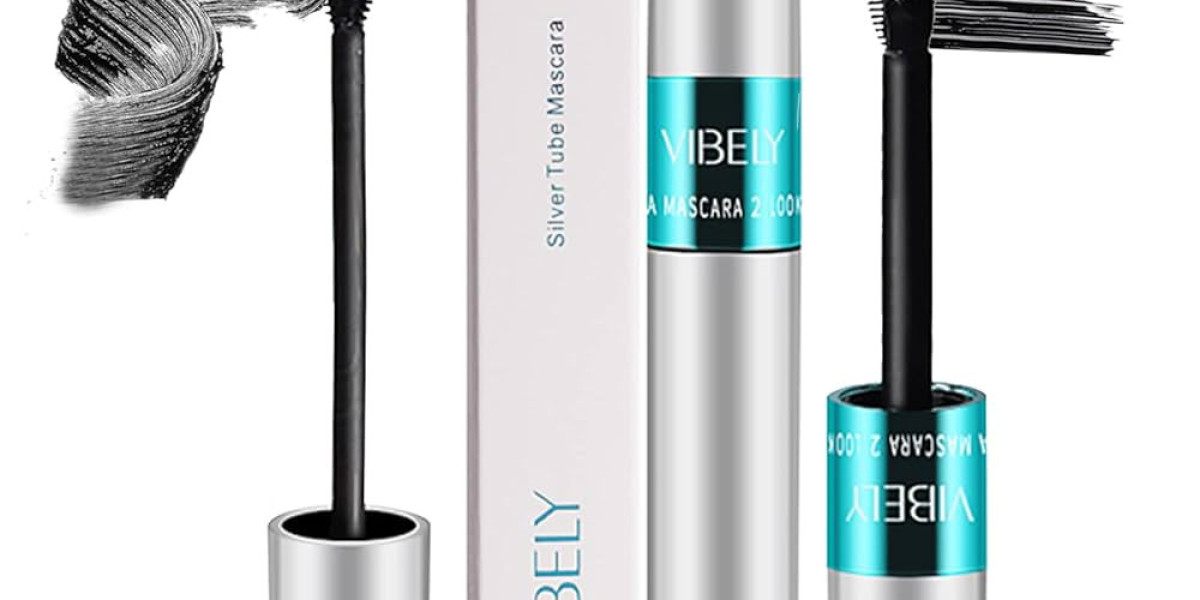PP woven bags have become a widely used packaging solution across various industries due to their strength, durability, and versatility. Made from polypropylene, a type of plastic polymer, these bags offer a combination of lightweight construction and high tensile strength, making them suitable for packaging bulk materials such as grains, fertilizers, chemicals, and construction materials.
One of the key features of a PP woven bag is its woven fabric structure, which provides excellent resistance to tearing and puncturing. This weaving technique enhances the bag's overall strength, allowing it to hold heavy loads without breaking or deforming. As a result, a PP woven bag is often chosen for transporting and storing products that require secure containment.
The moisture resistance of a PP woven bag is another important characteristic. Thanks to the polypropylene material, these bags provide a barrier against water, which helps protect the contents from damage due to humidity or rain during transport and storage. In many cases, a PP woven bag is laminated or coated to further improve its resistance to moisture and contaminants.
PP woven bags are also valued for their recyclability. Polypropylene can be recycled multiple times without significant degradation of its properties. This environmental aspect makes the PP woven bag a sustainable option compared to other plastic packaging alternatives. Many manufacturers and users prefer PP woven bags to reduce waste and support circular economy efforts.
Customization is a common practice with PP woven bags. They can be produced in various sizes, colors, and designs to meet specific customer needs. Printing logos, handling instructions, or product details directly onto the bag surface is a common feature, which aids in branding and identification. This versatility adds to the appeal of PP woven bags for businesses.
In addition to strength and moisture resistance, the PP woven bag is lightweight and easy to handle. These bags can be folded flat when empty, which helps save space during storage and shipping. Their stackability also facilitates efficient logistics and warehousing, reducing operational costs.
Safety is a consideration as well. The polypropylene material used in PP woven bags is non-toxic and generally safe for packaging food-grade products when produced under proper standards. This expands the bag's applications to industries such as agriculture and food processing.
PP woven bags also provide good resistance to UV rays when treated appropriately. This resistance prolongs the bag's usability when exposed to sunlight during outdoor storage or transport. In many agricultural and industrial settings, this durability is an important factor.
The affordability of PP woven bags contributes to their widespread use. They offer a cost-effective packaging solution compared to alternatives like jute or paper bags. This economical aspect allows businesses to manage packaging expenses without compromising on protection and convenience.
The PP woven bag is a practical and adaptable packaging option for many industries. Its strength, moisture resistance, recyclability, and customization possibilities make it suitable for a wide range of applications. Whether for agricultural products, construction materials, or industrial goods, PP woven bags provide a reliable and efficient packaging choice.








